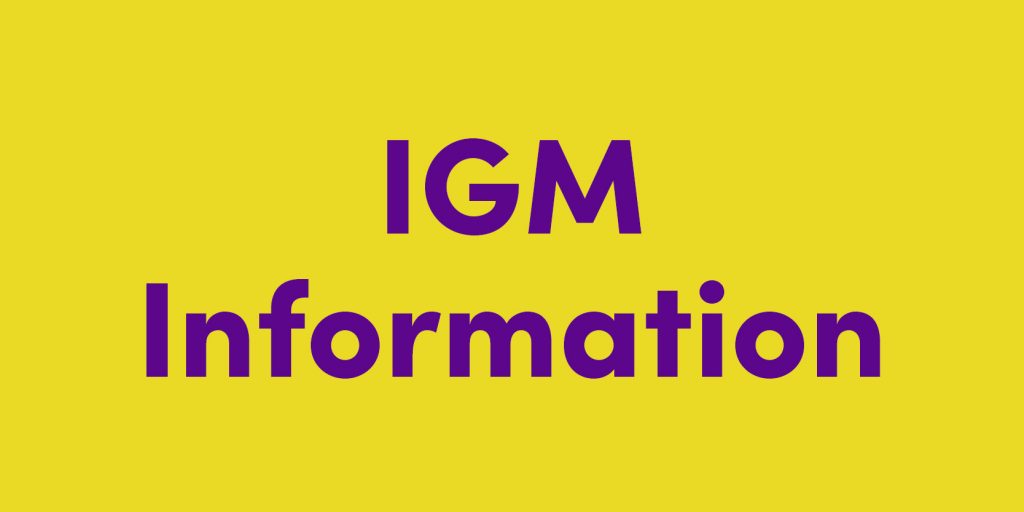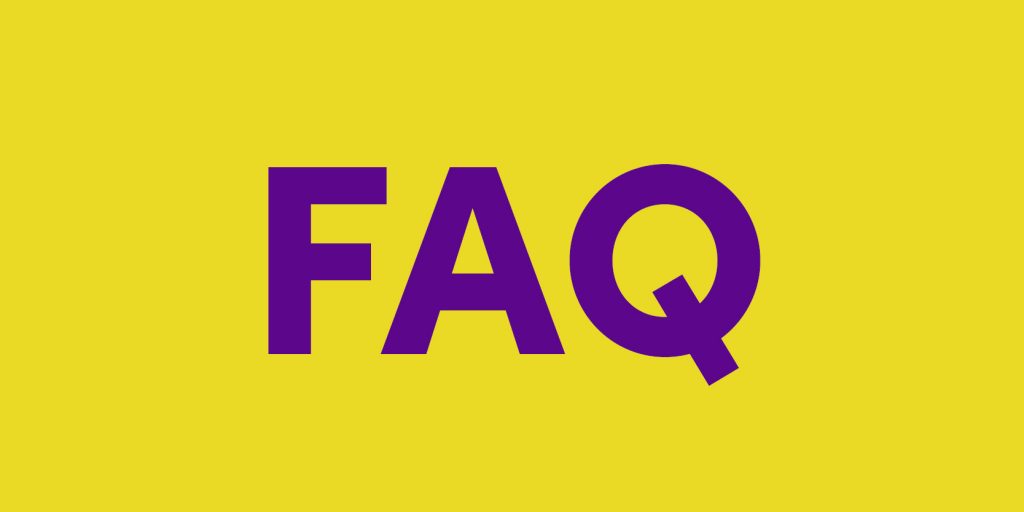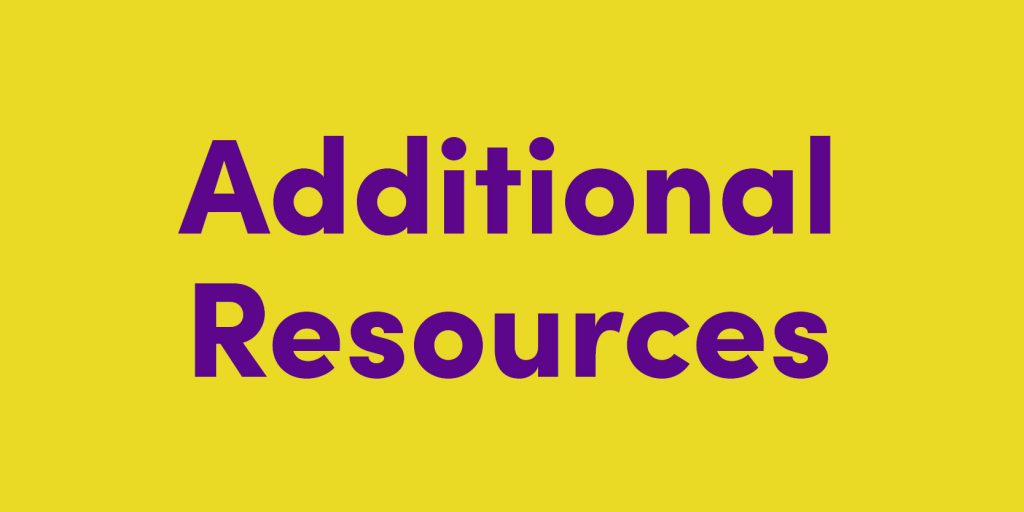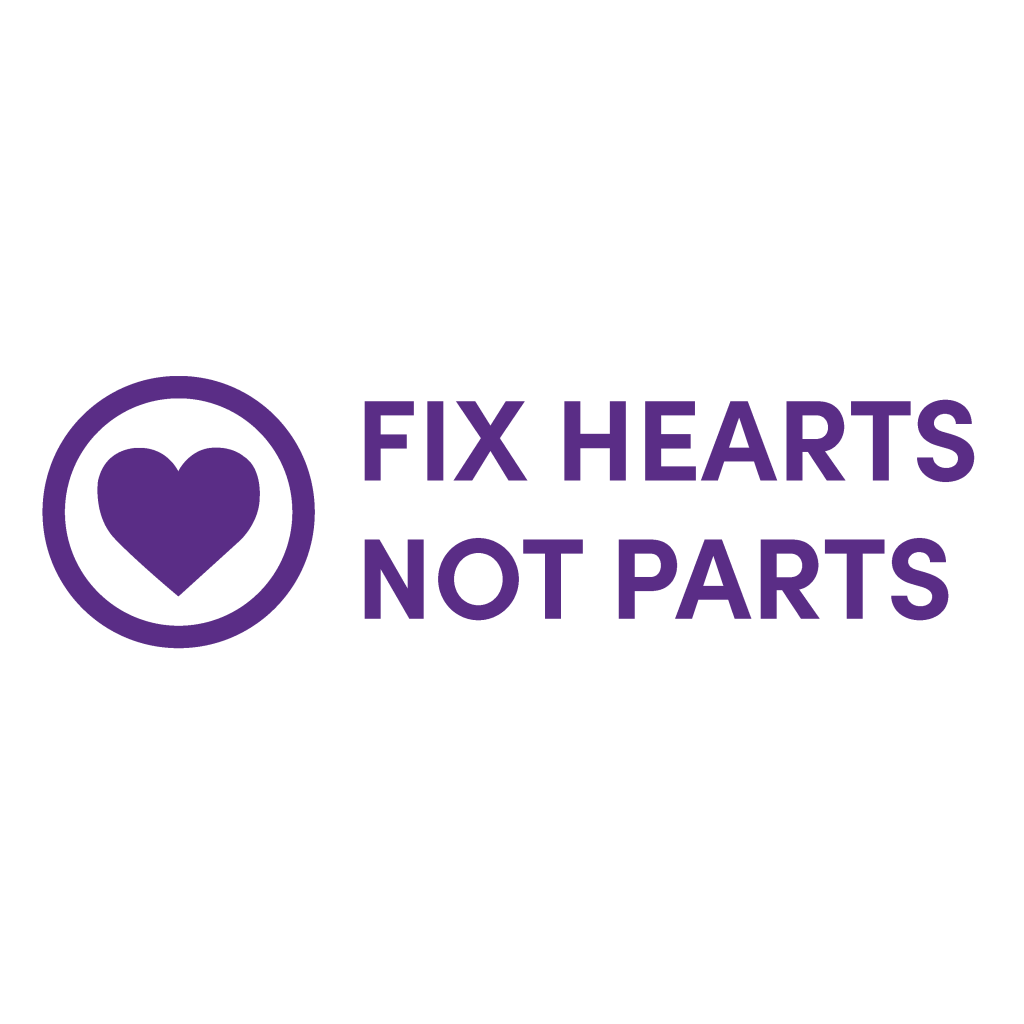
This international Intersex Awareness Day, Egale Canada is launching a new campaign to raise awareness on the human rights violations faced by intersex people and encourage everyone to take a stand to end intersex surgery in Canada.
Surgeries on intersex children have been condemned by major human rights groups such as the United Nations, Physicians for Human Rights, and Human Rights Watch, as well as every intersex-led organization in the world. Join us in urging the Canadian government to fulfil its treaty body obligations under international law.
Stop medical interference that is impairing the health and well-being of intersex people.
Together, we can Fix Hearts, Not Parts.
Intersex Life Stories
Additional Voices

I am a healthy, chubby, newborn baby. My doctors insist on intimidating my parents to change the way my genitals look for a more “pleasing cosmetic result”.
– Max, 2 days old

My doctors want me to grow up, get married, and have sex with my husband. They give me a surgery that will result in multiple severe complications to my health as I grow up.
– Ashley, 11 years old

I took a gender and sexuality class in university. The class prompted me to piece together and find answers to my past medical history.
– Katrina, 20 years old
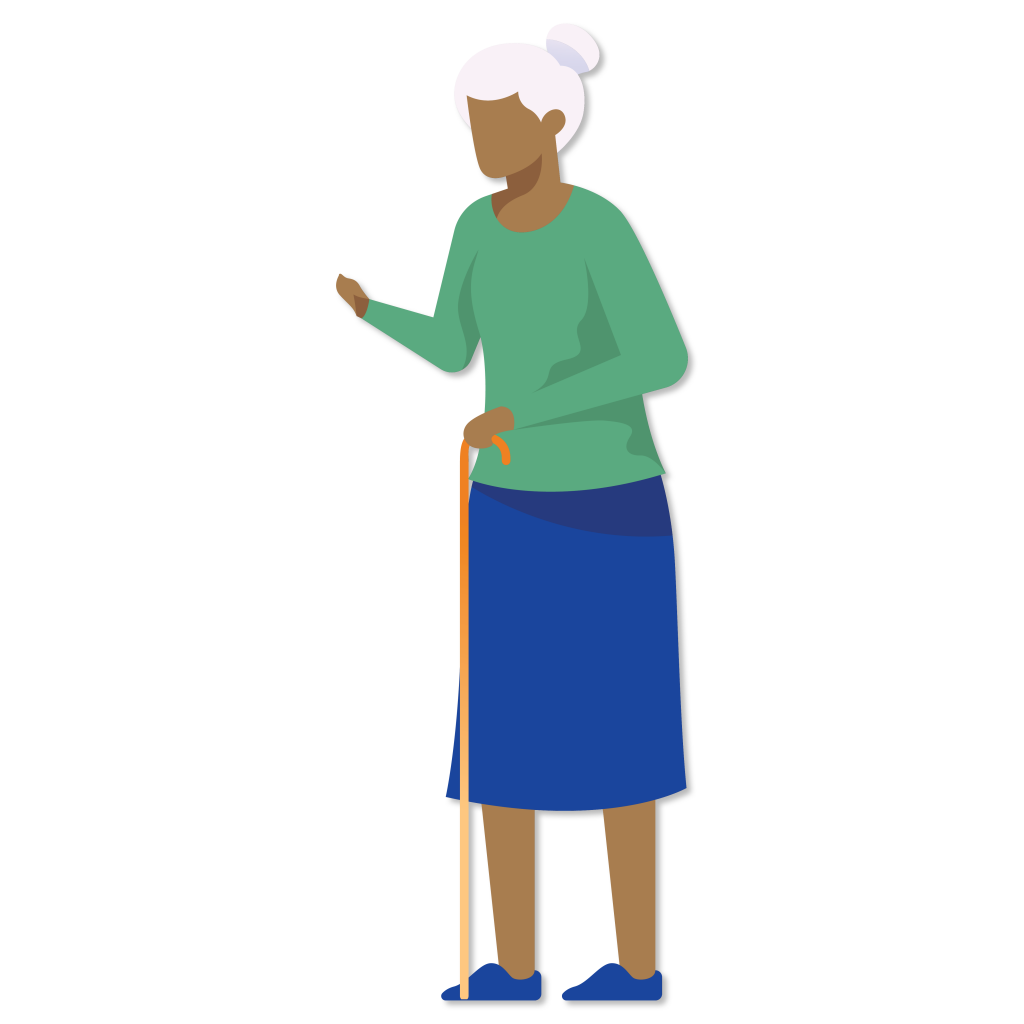
I am terrified of having increasing medical needs. I dread having to find affirming health care and a long term care home that understands my intersexuality.
– Esther, 62 years old
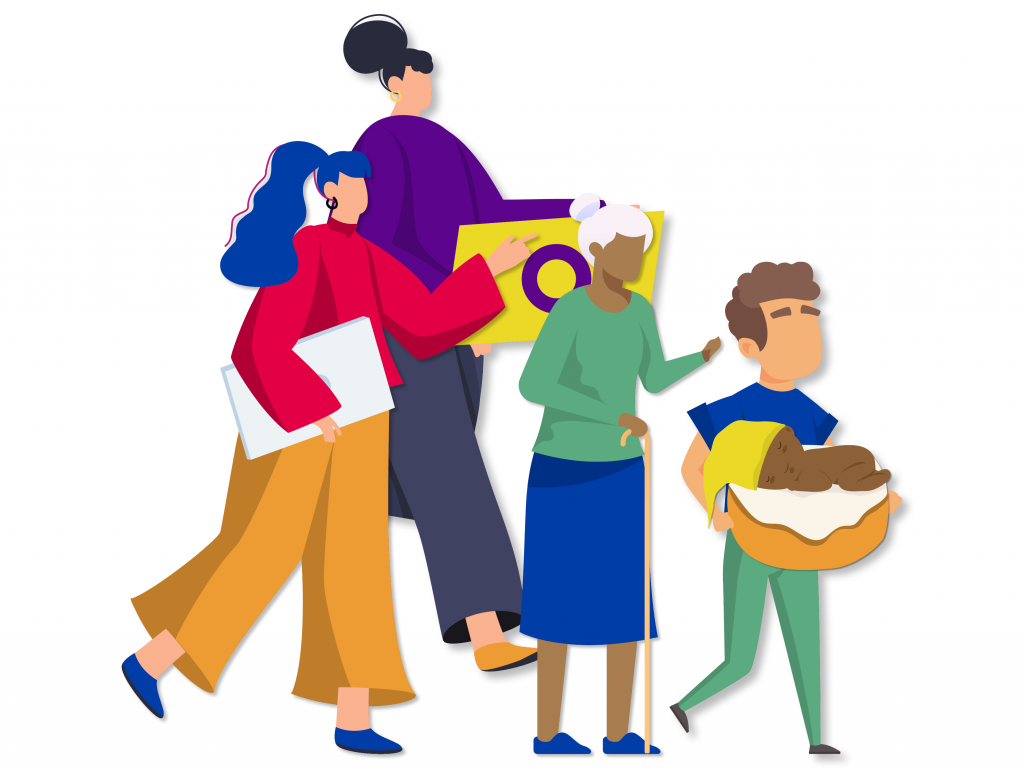
All these voices share experiences of isolation and the devastating consequences of intersex genital mutilation. We can put an end to isolation by fostering community, but now is also time to put an end to intersex genital mutilation.
#FixHeartsNotParts
Intersex Genital Mutilation (IGM)
What is Intersex Genital Mutilation (IGM)?
Intersex genital mutilation is the process of how doctors “fix” intersex variation. Through surgery and drug treatment, the intersex person’s body is mutilated in order to conform to the stereotypical idea of what bodies should look like.
Why does it happen?
When an individual, (often infants and children, but also sometimes young adults as some people may not know about their intersex variation until puberty) is given a pathologizing diagnostic for their intersex variation, medical professionals have treated the intersex variation as if it is something to “fix” or “correct”. Medical professionals justify these normalising procedures by citing that:
- The child must be modified in order to avoid complications with parental bonding
- The child needs a body that respects norms in order to build a positive self-image
- These procedures will allow the child to “fit in” better
- It is better to intervene early on so that the child does not remember these procedures
- The intersex child will be more at risk of cancer without intervention
There is no scientific evidence to support these arguments.
Why is IGM harmful?
The process of how doctors “fix” intersex variation is most often non-consensual and harmful to the intersex person. Through surgery and drug treatment, the intersex person’s body is mutilated in order to conform to the stereotypical idea of what bodies should look like.
Most often, these procedures are not medically necessary and can have harmful effects on a person’s genitals and reproductive systems. Some of these effects are: loss of sensitivity, painful sexual intimacy, incontinence, and lifelong hormone replacement therapy. Many intersex people who have been subjected to non-consensual genital surgery as a child or infant come to regard it as a violation of their bodies, similar to sexual abuse, later in life.
Example: Doctors have historically made or recommended decisions about which sex to assign an intersex infant based largely on the ease of surgical intervention. In cases where they determine that an infant’s penis is too small, they may suggest amputation and subsequently assign the child as female since it is easier to remove tissues than to add it.
Frequently Asked Questions
What is intersex?
The term intersex refers to a person whose chromosomal, hormonal or anatomical sex characteristics fall outside the conventional classifications of male or female.
Is intersex a gender identity?
Not strictly, just like people with a non-intersex body, people with intersex variation can have many different gender identities. Many intersex people consider intersex to be something that a medical professional assigned or diagnosed them with and therefore do not consider it an identity.
How many people are intersex?
Some research suggests 1.7% of the population are intersex, but the exact number is often contested for several reasons because
a) there is a vast range of intersex traits,
b) these traits are not always apparent to medical professionals or the individuals themselves,
c) there is a lack of data available in terms of how doctors diagnose and surgically intervene because of bureaucratic claims to protect privacy.
What are the differences between intersex and trans people?
Intersex variation is a medical diagnosis that indicates someone’s sex characteristics do not conform to medical and societal expectations of what bodies look like.
- Trans people have a gender identity that is not the same as the sex they were assigned at birth.
- Intersex people are subjected to non-consensual and harmful surgeries and drugs.
- Trans people often seek surgical changes and hormone therapy, yet they may have a hard time getting the medical attention they need.
Additional Resources
Global Map of Intersex Organizations
Axys
Not-for-profit dedicated to addressing the needs of people affected by one or more extra X and/or Y chromosomes, and to initiating action to help improve lives of individuals and families.
Canadian Intersex Network
Community-based network for people who have an intersex variation.
InterACT
Advocates for intersex youth.
Interface Project
Stories and videos that explore the lived experiences of people who have an intersex variation.
Intersex Human Rights Australia
A national not-for-profit company by and for people born with variations of sex characteristics. Formerly known as OII Australia.
Intersex Justice Project
The #endintersexsurgery campaign.
Intersex Society of North America
Although this organization is no longer active, their website remains online and includes valuable resources and information for parents and people with an intersex variation.

